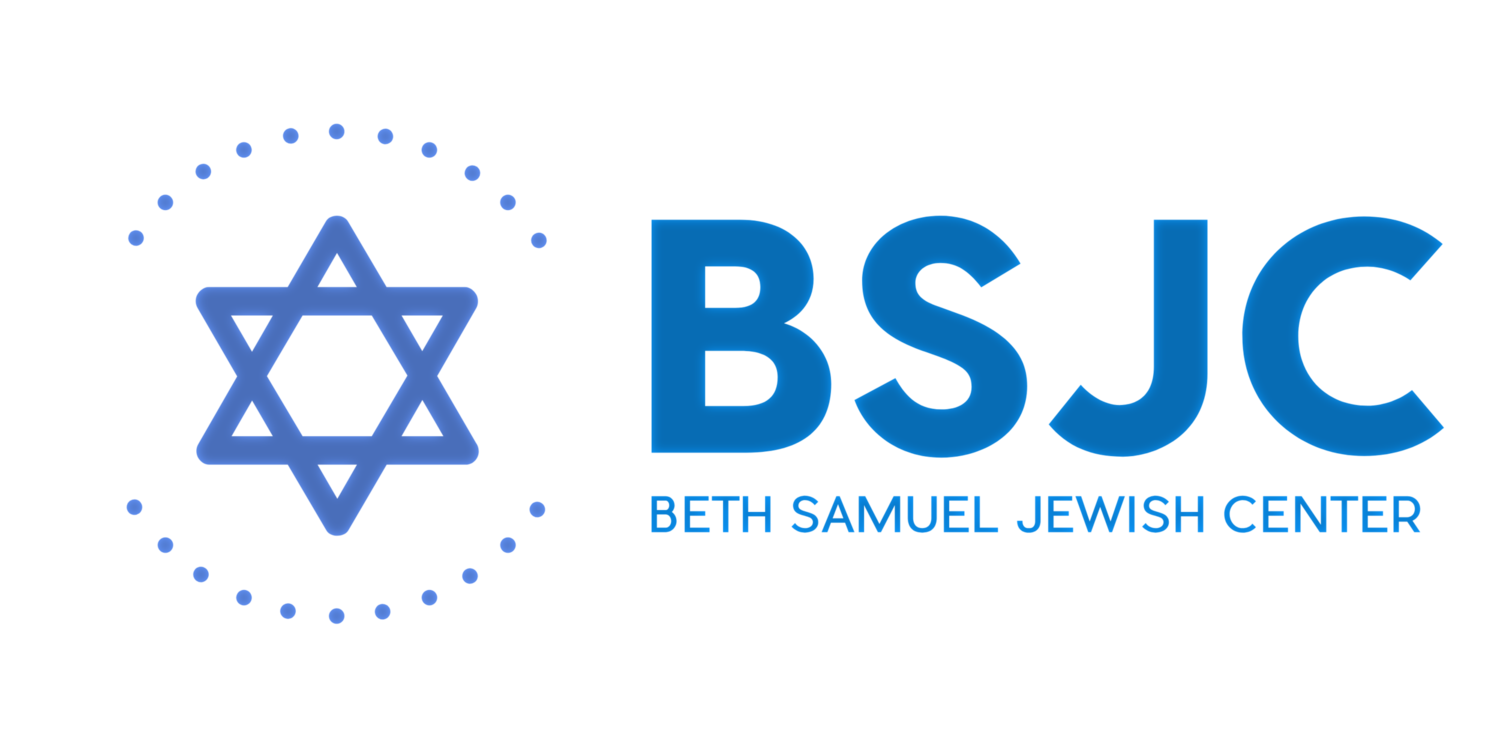October 2018
/ The Hebrew month of Tishrei, with all the holidays from Rosh Hashanah through Simchat Torah, is coming to a close. The next month on the calendar is Cheshvan, which has no special holidays. It is traditionally referred to as Mar Cheshvan, meaning “bitter,” because of the lack of any special days.
Cheshvan is a time when darkness comes, and autumn sets in. As Kohelet says, “There is a time for everything...a time for planting and a time for uprooting the planted.”
Cheshvan begins the extended time span between the last festival, Sukkot, and the next festival, Passover. The spiritual seeds that were planted during Rosh Hashanah begin to take root and, with nurturing, may appear in the spring, in the month of Nissan. We pray for rain during this time period, adding a phrase to our liturgy, hoping that the actual seeds we have planted (perhaps also on Tu B’Sh’vat) will bear fruit.
And so, despite the darkness of this month without any special occasions, there is future growth that awaits us, literally and figuratively. May we soon take delight in bounty that will come and may our lives be enriched by the growing that we will do now in this season.
On another note, this month I will be leading an Adult Education session entitled “Living and Living,” which will consist of a wrap-up of a discussion we began last year on Jewish views of the afterlife, and an exploration of Gary Ramsey’s recently published book, Bliss. The book, which I read in one sitting, is less than 100 pages and is a remarkable account of one man’s journey through illness toward recovery. I invite you to read the book this month and then join me on Sunday, October 21 at 10am to take a look at these themes together.
L’hitra’ot, until next time!



